WHY SHOULD PARTIES MEDIATE?
Written By: Brittany E. Bennett, Esq.
Although litigation can be an effective way to recover monetary losses, fight for custody, or prevent further damages by another party, litigation can be time consuming and expensive. In addition, litigation puts your case in the hand of a judge or a jury. Mediation can offer a solution to legal disputes of every variety without the cost of litigation and while putting control of your case in your own hands.
- More Control Over Your Case.
When legal issues are litigated in court the final decision is ultimately up to the judge or the jury. The length of any civil case takes approximately 1-2 years. You may be wondering “what takes so long?!” Well, it depends. Civil disputes can be interrupted by other parties seeking to join the action, the case can be “stayed” for a variety of reasons and sometimes attorneys need more time to prepare a response to opposing counsel or to prepare for your case. All of these things take time and are common occurrences in civil cases. Not to mention the time it takes to argue a case in front of a judge or jury. Some trials last a day and some last for several weeks. This depends on the number of legal issues, the complexity of the facts, and the number of witnesses. In litigation a party does not choose the judge and does not set the date for his/her trial. All of this is up to the judge and depends on the judge’s case load and availability. In addition, a party usually does not have much say at a trial at all. You may be able to testify about your case but beyond that your attorney will do most of the talking. Any comments or concerns you have during your hearing or trial are difficult to convey while your attorney is addressing the judge or a witness.With mediation you have more say in when to mediate the case and the ultimate outcome. There is no judge present during a mediation. So, if the parties cannot agree on acceptable terms to resolve their disputes then the case still continues, however, the parties are afforded the freedom to openly discuss their points of contention and come up with creative solutions that a judge may not have considered. A mediation consists of the parties, their attorneys, and the mediator. The mediator does not have the power or the authority to enforce any agreements between the parties but is present to facilitate communication between the parties. Parties also get to choose their mediator! Parties may select their mediator based on their educational background or occupational experience they may feel would help resolve their case. For example, you may choose a retired military member to mediate your military divorce because he/she will understand the innerworkings of retirement pensions and military jargon.At the end of the day, if you are not happy with the settlement offers made by the other party, you can always walk away. You are not obligated to continue the mediation or accept an offer you find unreasonable. - Save Money! The cost of civil litigation ranges from $15,000-$100,000 depending on the complexity of the case and how many attorneys are required to work on the case. Most attorneys charge at a rate of $150-$450 per hour for their time. The overall litigation cost range also depends on the duration of the case. Although most cases terminate before trial, many cases go to trial and beyond. Many other costs such as expert testimony, transcripts, depositions, and copying, also add to the costs of litigation.The cost of mediation is significantly less than the costs briefly outlined above. Mediators charge from $100-$350 per hour depending on their level of experience and number of years as a mediator. Most mediators charge an administrative fee or a minimum fee to cover costs such as paper and office use, however, most mediations only last for one day at a final cost of $1,150-$3,150 for the entire mediation. With that cost savings parties are able to use funds for settlement or personal use instead of the cost of litigation.
- More Relaxed Setting. The stringent rules of the courtroom and the pressure of testifying in front of a judge or jury can be daunting. A mediation takes place at an office and is more private. This allows the parties to discuss issues freely and without outside pressure from an “audience.” The parties are able to openly communicate with their attorneys and the mediator. Most mediations separate the parties in two different rooms to allow for each party to ask questions and discuss possible solutions without worry that the other party will overhear their comments or concerns.
Summary
Mediation can be an effective alternative to litigation because it allows parties to have more control over their case, save money, and communicate without restrictions.
The post WHY SHOULD PARTIES MEDIATE? appeared first on Bennett Law and Mediation Services LLC.









